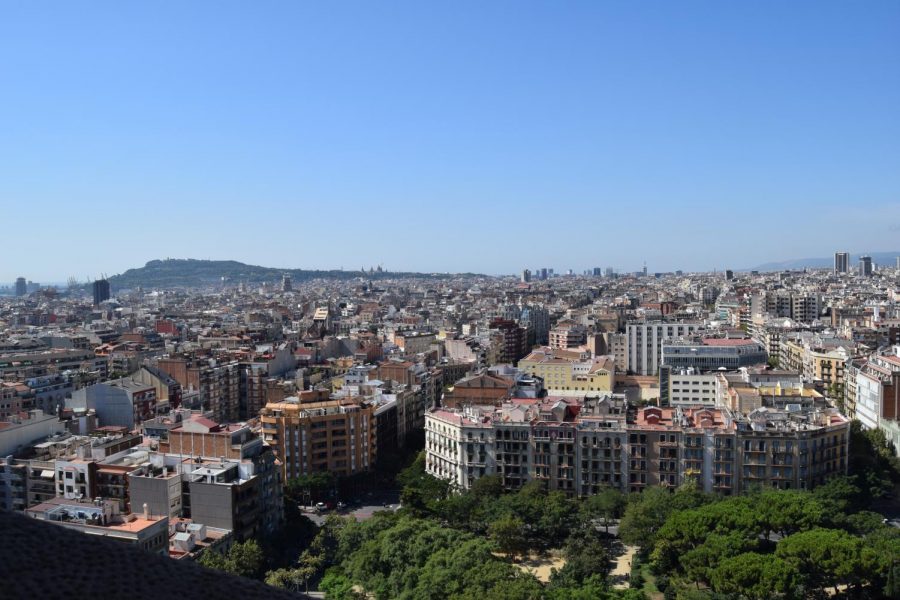On the Necessity of Dialogue Between Spain and Catalonia
October 30, 2017
Many things are happening around the world all at once. There have been hurricanes, controversial elections, and above all, instability in many countries. Catalonia, a northeast region in Spain, is now at the center of a crisis. On October 1st, Catalonia called for a referendum to become an independent country, leading to chaos because of the Spanish government’s weak and violent handling of the referendum.
Although Catalonians have been trying to become independent for a long time, as someone from Catalonia, I was very shocked.
Catalonia first existed as a distinct political entity around the 12th century. When the count of Barcelona married the heiress of Aragon, the regions united and Catalonia’s independent identity ended. While Catalonia was controlled by the Crown of Aragon, the Catalonians in the northeast extremity of the peninsula retained a strong sense of independence. Later, in the early 18th century, Catalonia sided against Philip V, a French royal, in his claim to the Spanish throne. King Philip responded by eliminating most autonomous regions and uniting Spain under a centralized government.
Along with being ruled by many different powers and maintaining a strong sense of identity and independence, Catalonians were also barred from practicing Catalan traditions or speaking Catalan. These restrictions set on Catalonians nurtured a separatist identity and culture.
In 2006, 2012 and 2014, the Catalonian Parliament drafted referendums for the independence of Catalonia. Many voted in favor of independence, but it did not matter without formal Spanish approval. Defying warnings from the Spanish government, Catalonia’s Parliament held a referendum this October. In response, the president of Spain, Mariano Rajoy, said he would appeal Catalonia’s referendum to the Constitutional Court of Spain.
The most recent referendum from Catalonia turned out to be very chaotic because the Spanish government ordered police to prevent citizens from voting, an order which was carried out in a very violent manner. At the same time in Madrid, many people opposed to the separatist movement rallied for a “united Spain,” with some protesters going as far as making a fascist salute. The rallies have brought with them division and anger.
Catalonia has a lot to figure out if it continues with the independence movement. That is why Catalonia should remain as part of Spain, but also have more dialogue with the Spanish government, as many citizens are suggesting. The Spanish government also has to understand the wants of Catalonians and work things around so the people are happy.
Catalonia’s future is open right now and it looks like anything could happen. But as a Catalonian and Spaniard, I am reluctant to separate from what I have identified as for my entire life. That is not to say that Catalonia’s independence motives are not as important as maintaining my identity as both a Catalonian and a Spaniard—it’s just that I still believe things could be worked out if there were dialogue and compromise between the Spanish government and Catalonia.
This piece also appears in our October print edition.










